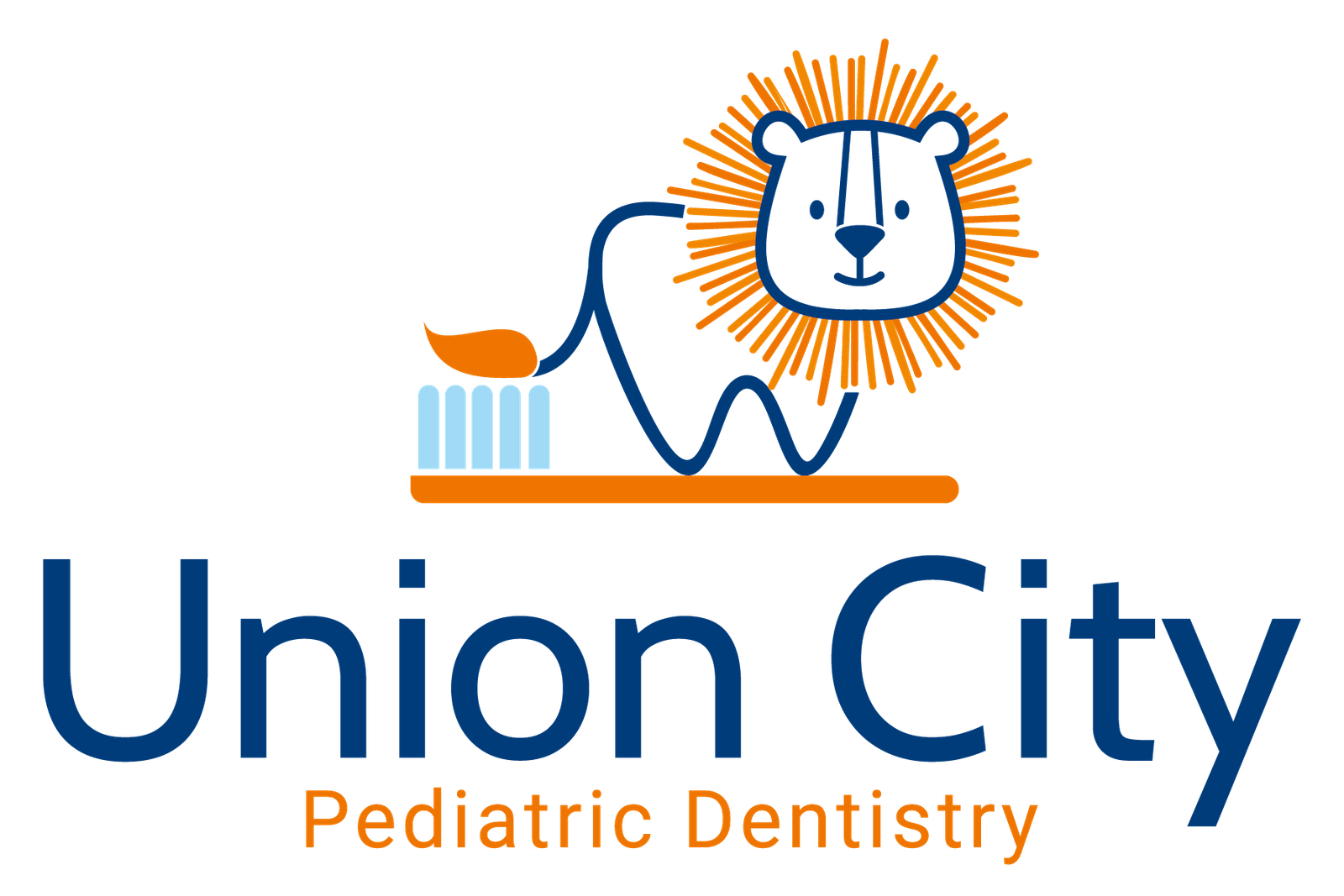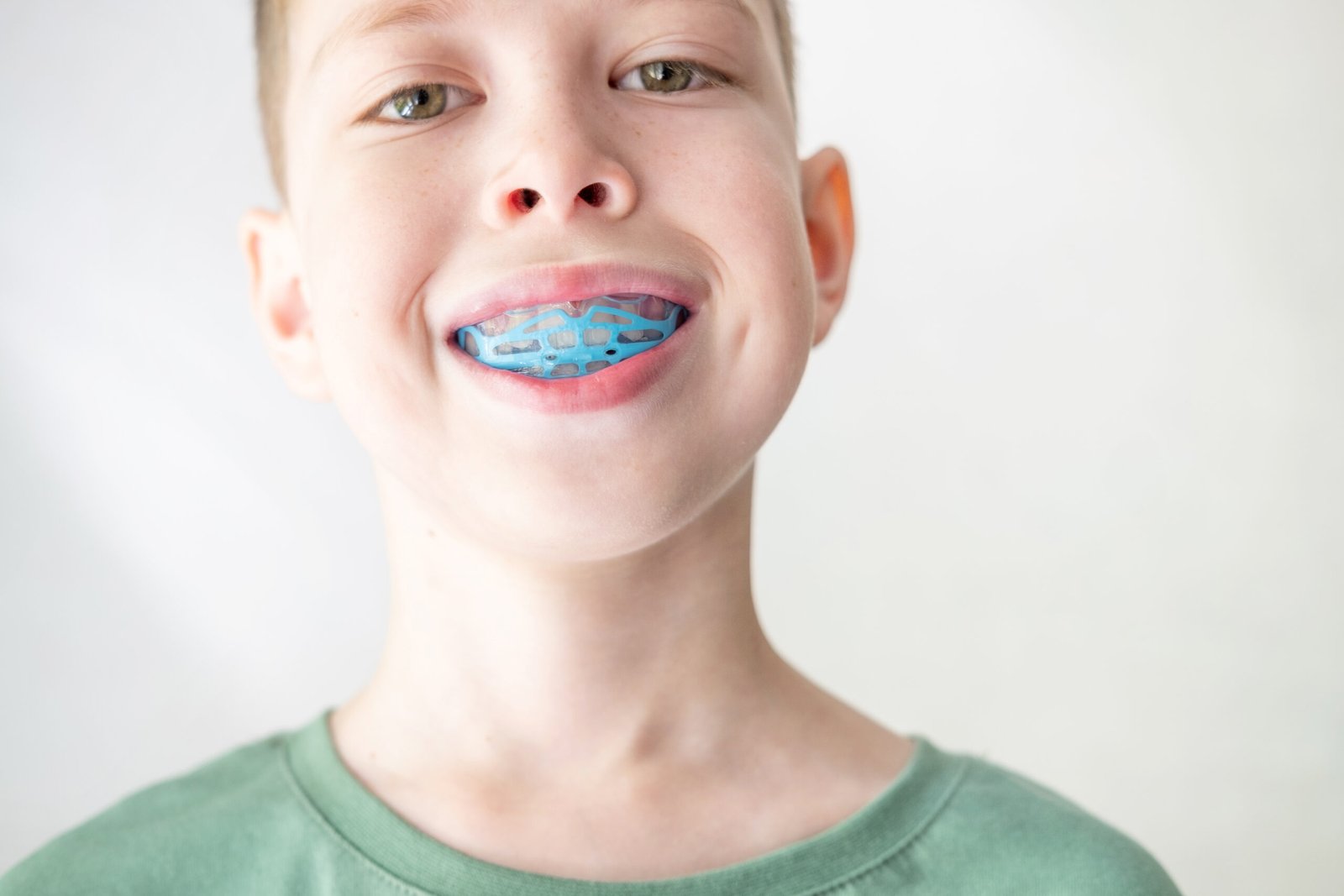
Dental health plays a vital role in a child’s overall well-being. Good dental habits contribute to better health, self-esteem, and confidence. However, dental emergencies can happen unexpectedly, making it crucial for parents to understand how to respond.
Knowing how to handle these situations can alleviate anxiety and help prevent further complications. This blog will cover common dental emergencies, essential first aid tips, preventive measures, what to expect during an emergency visit, and how to establish good dental habits for children.
Common Dental Emergencies in Children
Toothaches
Toothaches are a common issue for children. They can result from cavities, gum disease, or injury. Parents should seek help if the pain persists for more than a day or is severe.
Chipped or Cracked Teeth
Chipped or cracked teeth often occur during play or accidents. To reduce swelling, rinse the mouth with warm water and apply a cold compress. A visit to the dentist is necessary for proper evaluation and treatment.
Knocked-Out Tooth
If a tooth gets knocked out, act quickly. Handle the tooth by the crown, not the root. Rinse it gently without scrubbing, and place it back in the socket if possible. If that is not feasible, keep it in a container with milk or saline. Seek dental care immediately, as timely treatment can save the tooth.
Loose Teeth
Loose teeth can be concerning, especially in younger children. If a baby’s tooth is loose, reassure the child that it’s normal. However, if a permanent tooth is loose due to trauma, visit a dentist immediately.
Abscesses and Infections
Abscesses can develop around the teeth and gums. Symptoms include swelling, fever, and persistent pain. These signs indicate an infection, which requires immediate dental attention.
First Aid Tips for Parents
Knowing how to respond can make all the difference when a dental emergency occurs. Here are essential first-aid tips for handling common dental emergencies in children.
Step-by-Step Instructions for Handling Each Type of Emergency
1. Toothaches:
- Rinse the mouth: Have your child rinse with warm salt water to clean the area and reduce swelling.
- Cold compress: Apply a cold compress to the outside of the cheek to alleviate pain and swelling.
- Pain relief: Over-the-counter pain relievers, such as ibuprofen or acetaminophen, can help manage discomfort temporarily.
2. Chipped or Cracked Teeth:
- Rinse gently: Encourage your child to rinse their mouth with warm water.
- Collect pieces: If possible, find and save any broken pieces of the tooth.
- Cold compress: Apply a cold compress to reduce swelling and discomfort.
3. Knocked-Out Tooth:
- Handle with care: Pick up the tooth by the crown, avoiding the root.
- Rinse gently: If dirty, rinse the tooth with milk or saline, not water.
- Reinsert if possible: If you can, place the tooth back into its socket. If not, store it in a container with milk or saline and seek dental help immediately.
4. Loose Teeth:
- For baby teeth: Reassure your child that it is normal and let it fall out naturally.
- For permanent teeth: Avoid wiggling. Seek dental help right away.
5. Abscesses:
- Warm saltwater rinse: Have your child rinse their mouth gently.
- Avoid squeezing: Do not try to pop the abscess. Seek emergency dental care immediately.
Importance of Staying Calm and Reassuring the Child
Staying calm during a dental emergency is vital. Your child can sense your anxiety, which may increase their fear. Speak softly and reassure them that everything will be okay. A calm demeanor can help your child feel more secure and less frightened.
When to Call a Dentist or Go to the Emergency Room?
If you encounter a severe dental emergency—such as a knocked-out tooth, uncontrolled bleeding, or signs of infection—do not hesitate to seek professional help. Call your pediatric dentist immediately or go to the emergency room if it is after hours. Timely intervention can prevent complications and ensure proper care.
Preventing Dental Emergencies
1. Good Dental Hygiene:
Teach children the importance of brushing twice daily and flossing regularly. Regular dental check-ups help catch problems early and establishing a routine can prevent cavities and other issues.
2. Protective Gear:
Wearing mouthguards is essential for children involved in sports. These devices can prevent injuries during activities like football, basketball, or skateboarding.
3. Nutrition Matters:
A balanced diet contributes to strong teeth. Limit sugary snacks and drinks. Encourage healthy options like fruits, vegetables, and dairy products, which promote good dental health.
What to Expect During an Emergency Visit
1. Typical Procedures and Treatments:
During an emergency visit, the dentist will conduct a thorough examination. X-rays may be taken to assess damage. Treatments could include fillings, extractions, or root canals, depending on the situation.
2. Preparing Your Child:
Explain the visit to your child in simple terms. Reassure them that the dentist is there to help. Bring comfort items, like a favorite toy or blanket.
3. Questions to Ask the Dentist:
Ask about the specific injury and recommended treatments. Inquire about pain management options and follow-up care. Understanding the next steps will help ease your worries.
Every parent must be prepared for dental emergencies. Quick action can save a tooth and prevent further issues. Establishing good dental habits early on will promote lifelong oral health. Regular check-ups and proper hygiene practices can help avoid emergencies.
Remember, when in doubt, always seek help from our pediatric emergency dentist in Union City. Your child’s smile depends on it!






